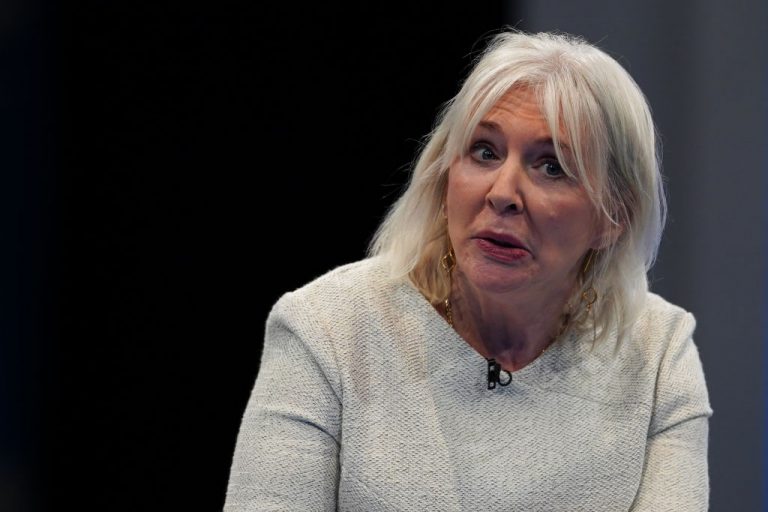The UK government has announced that it will abolish the BBC’s TV licensing system by 2027, forcing the national broadcaster to find a new funding model, while the opposition claims the move is intended to shift attention away from Boris Johnson’s failing premiership.
Conservative Party member Nadine Dorries, Secretary of State for Digital, Culture, Media, and Sport announced the cut on her Twitter page on Sunday, Jan. 16.
“This licence fee announcement will be the last,” Dorries said. “The days of the elderly being threatened with prison sentences and bailiffs knocking on doors, are over.”
Dorries referred to incidents where UK citizens, who either fail or refuse to pay an annual fee of £159 ($216) to fund the broadcaster, faced visits by a bailiff and even prison sentences after they declined to ante up.
BBC’s TV licensing system
From August 2020, consumers over 75 have to pay for the TV tax unless they are also receiving pension credit, which makes them eligible for a free license, paid for by the BBC.
Success
You are now signed up for our newsletter
Success
Check your email to complete sign up
Anyone, including elderly people, could be fined up to £1,000 ($1,362) for using the benefits without paying the fee with some being sentenced to jail time for failing to pay. In 2018, some 121,000 people were sentenced for dodging the expense, with five individuals ending up in prison.
“Time now to discuss and debate new ways of funding, supporting and selling great British content,” Dorries added, indicating the corporation in the future would have to compete in a more self-sustaining manner similar to subscription-based broadcasting companies like Netflix, Disney+, and Amazon Prime.
READ MORE: BBC Loses 1 Million Subscribers, Plans to End Free TV for People Aged Above 75
With the repeal of the license, the broadcaster will miss out on £3.2 billion ($4.35 billion) in revenue each year.
Dorries also announced that the license fee will be frozen at its current value of £159 ($216) until 2024 after which, the license fee will be kept below the inflation rate.
Officials estimate that, with the current inflation rate at 5.1 percent, the BBC will have to raise another £2 billion ($2.72 billion) in funding over the next six years.
Political squabbling
A spokesperson from the BBC commented “Anything less than inflation would put unacceptable pressure on the BBC finances after years of cuts,” Breitbart reported.
The spokesperson also contended that there are still great reasons to finance anything “the BBC can do for the British public and the creative industries and the UK around the world.”
“There will be a lot of anguished noises about how it will hit popular programs, but they can learn to cut waste like any other business,” the Daily Mail reported citing an unnamed parliamentary backer of Dorries.
The Dorries supporter added: “It is not yet clear whether the future will be share ownership or subscription, but there will be no more license fee renewals as long as Boris (Johnson) is PM.”
“The new generation of 19- to 34-year-olds are watching YouTube, Netflix, and videos on demand – they don’t watch the BBC, and shouldn’t be forced to pay for it; nor should hard-working households or pensioners,” the ally added.
Meanwhile, Lucy Powell, Labour’s shadow culture secretary accused prime minister Boris Johnson and Dorries of being “hell-bent on attacking this great British institution because they don’t like its journalism.”
Liberal Democrat spokesperson on culture Jamie Stone claimed freezing the license fee would be a “stealth cut of almost £2 billion” that would strain the BBC’s service levels.
“The government must stop this reckless ideological crusade and back off our BBC,” Stone said.
For years, the BBC has been slammed for perceived bias by Britain’s left and right. In 2019 a Norstat poll estimated that almost two-thirds of the British populace judged the broadcaster as being prejudiced.
Dorries has formerly portrayed the BBC as a “Left-wing,” “hypocritical” and “patronizing” organization with too many “dull, boring, male and aging, wig-wearing men.”

















